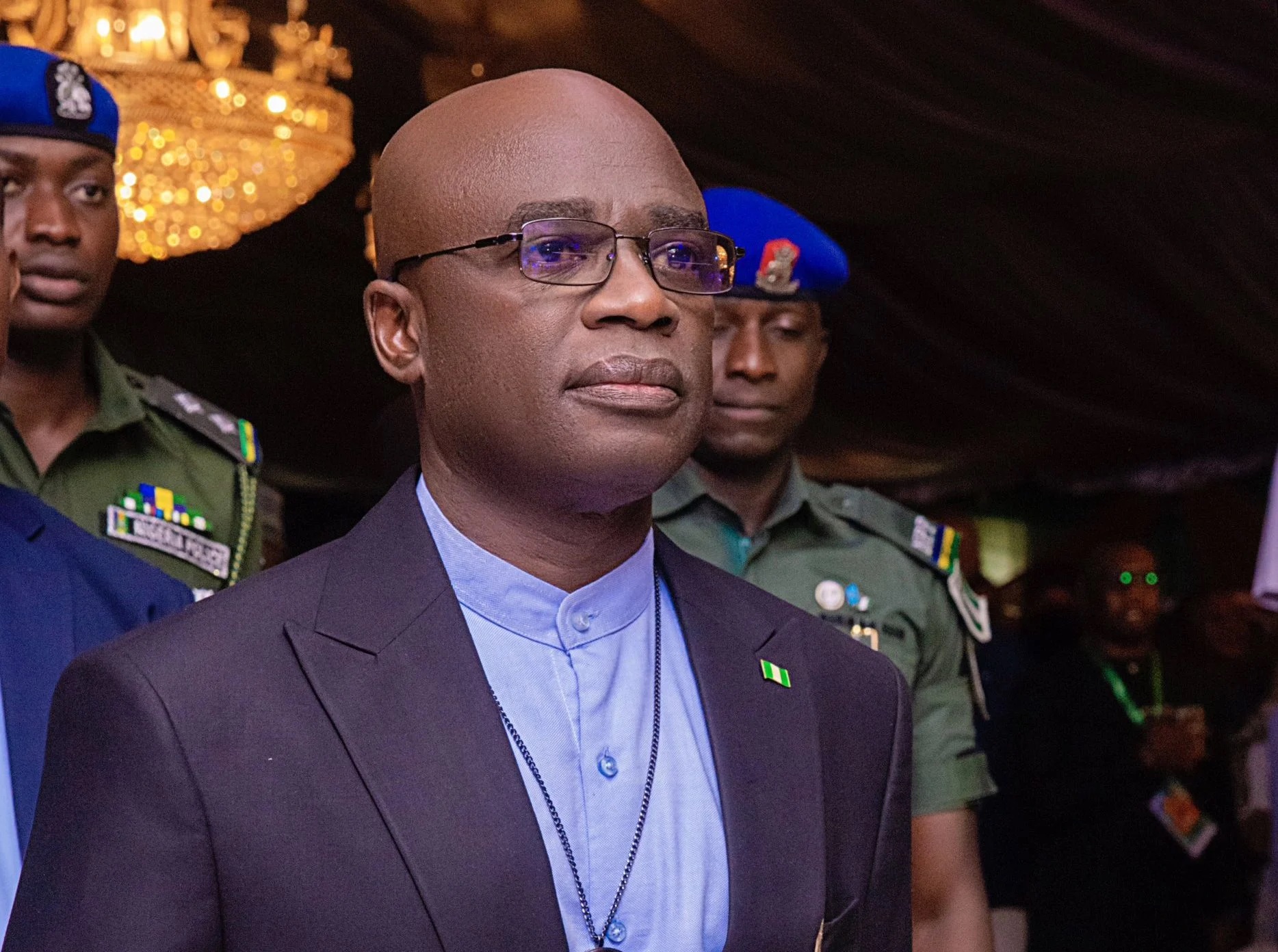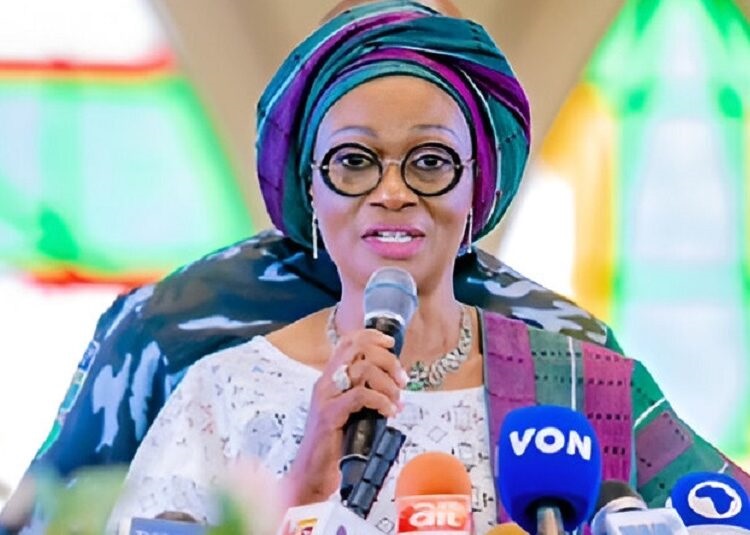The World Health Organisation (WHO) opened its Annual Assembly in Geneva on Monday, with a key focus on the formal adoption of a long-anticipated ‘International Pandemic Treaty’.
Developed at record speed in response to lessons learned from the COVID-19 pandemic, the agreement aimed to prevent the kind of chaos seen in the global scramble for medical supplies.
The gathering also aimed to ensure fairer distribution of vaccines in future health crises.
The treaty is scheduled for formal adoption on Tuesday.
However, several contentious details remain unresolved and are expected to be negotiated separately over the next year as part of an annex to the treaty.
These include, for instance, how vaccine manufacturers obtain pathogens with pandemic potential and what the countries that provide them receive in return.
The World Health Assembly brings together delegates from the WHO’s 194 member states and is the organisation’s main decision-making body.
The WHO finds itself at a crossroads after the U.S., currently the organisation’s biggest donor, announced it will leave in early 2026.
It said that a move that would cut nearly one-fifth of the UN health agency’s budget.
In response, the WHO had already announced sweeping cost-cutting measures, including staff reductions.
Germany said on Sunday it would increase its support for the WHO by an additional 10 million euros (11.2 million dollars) to help fill the gap left by the U.S. exit.
Germany had already supported the WHO with approximately 290 million euros over 2024 and 2025, according to government figures. (dpa/NAN)





